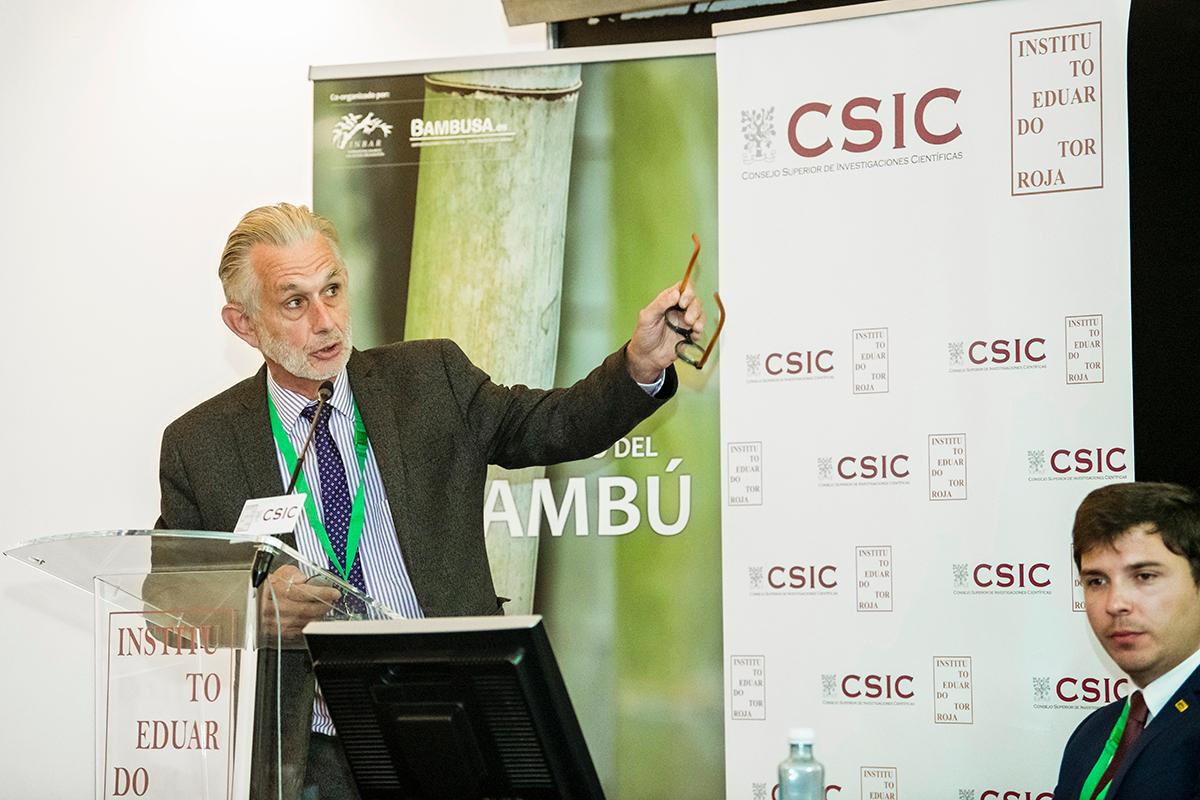
Sustainable development goals
The Sustainable Development Goals (SDGs) were adopted by all United Nations Member States in 2015 as a worldwide effort to end poverty and hunger, protect the planet and ensure that all current and future earthlings can enjoy peace, prosperity and a clean enviroment by 2030.
BambooLogic contributes to 8 of these United Nations initiatives

SDG 2 – Zero Hunger
Bamboo shoots are nutritious and popular in Europe.
The edible shoots are a welcome byproduct and, in terms of revenue, a large segment of bamboo products in Europe for years. Since bamboo can thrive on degraded land, bamboo cultivation does not compromise land that can be used for other food crops.
SDG 8 – Decent work and economic growth
At BambooLogic, we believe that bamboo farms and related companies, can help revive the E.U. agricultural sector and lay the foundation for a bamboo processing industry. Bamboo knows a variety of applications in all kinds of sectors from very simple straight forward products to high tech applications in amongst other the pharma, composite and medical sectors. Bamboo ensures job creation. In depleted rural regions bamboo farming brings a lot of benefits next to job creation and the return of young people to rural areas.
SDG 9 – Industrial innovation and infrastructure
BambooLogic pursues a business model that focuses on circularity, nature-inclusivity, and innovation.
In addition to the known basic applications of bamboo, the fibres and wood are ideal alternatives to (tropical) hardwood and high-tech composite materials.
At Bamboologic we cooperate with universities, research centres, and innovative companies in different fields. Special attention goes to development of specific products based on European grown bamboo.
SDG 11 – Sustainable cities and communities
In many places in Asia, bamboo is already accepted as a sustainable material for urban development. China has recognized bamboo as a strategic commodity for green economic development.
From construction posts to sewer pipes, scaffolding, and composite materials,… Bamboo is used in many ways to make urban communities more sustainable. It fits perfectly in a circular economy model.
Bamboo as a plant in and around cities is also a good idea to absorb more carbon and produce more oxygen, than traditional crops or trees. Bamboo also retains water in the soil and is ideal for soil sanitation.
SDG 12 – Responsible consumption and production
Bamboo is a particularly efficient crop. This zero-waste crop only needs to be planted once in 60 to 100 years and does not consume copious amounts of water. After several years, bamboo develops its own water management system and retains the water in the soil; an important element in its capacity for soil regeneration.
At BambooLogic, we try to keep our energy consumption as low as possible throughout the entire process by using solar panel installations and minimising our transport footprint. Irrigation systems are gravity based and use nearly no power.
A sustainable bamboo industry is a profitable venture with a positive effect on the environment.
SDG 13 – Climate action
Bamboo is the fastest growing grass. It has leafs all year round. This makes bamboo a champion in carbon sequestration, absorbing a lot more carbon dioxide than traditional trees, and producing substantially more oxygen. Managed bamboo forest are a lot more efficient in terms of carbon storage.
Bamboo proves to be a true carbon sink with the capacity to store up to 1,6 tonnes of CO2 per per m³ of bamboo.
When bamboo is cultivated in Europe for the European market, heavy CO2 transports from Asia, Africa, or South America are avoided.
SDG 15 – Life on land
Bamboo grows perfectly on eroded or degraded land. The root system helps to gradually make the soil fertile again.
After some time, a bamboo field creates its own ecosystem and water management system; the elements needed to attract a variety of animals and insects. We do not consider well-managed bamboo fields to be invasive because bamboo rarely produces seeds and the “running” roots, which is only a problem in half of the bamboo species, can be controlled relatively easily. Advantage of this active rootsystem is that it helps keeping the soil healthy.
Bamboo also thrives very well among other crops. It is a pesticide free crop and in a managed bamboo forrest not tillage is applied. The year-round leaf fall creates a thick humus layer which feeds the soil.
SDG 17 – Partnerships for the goals
BambooLogic firmly believes that the sustainable bamboo industry in Europe can revive the agricultural sector in Europe. Bamboo in Europe is a logical choice because Europe is currently the largest export market for bamboo products.
However, there is a lot of work to be done to convince people, companies, and governments of the added value of bamboo for Europe. Only with cross-border and multi-sector cooperation and the necessary financial support, bamboo can become a new agricultural segment in Europe.
At BambooLogic, we invest in joint ventures and research collaborations. We are open to companies that want to do research or implement bamboo as an alternative raw material together with us. The appetite to embrace bamboo in the business sector is significant.